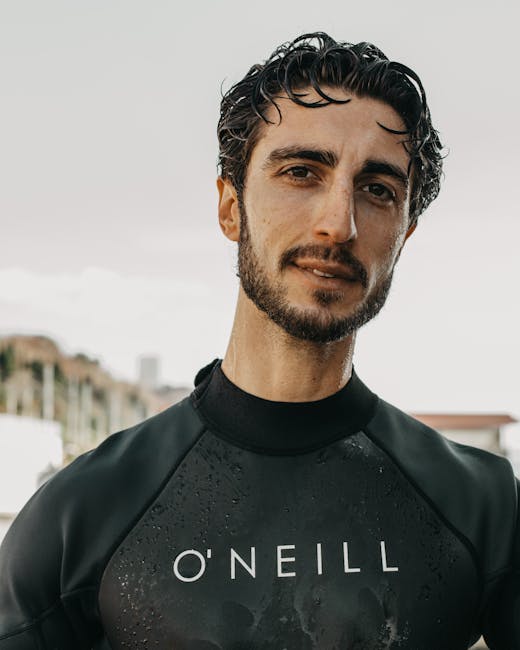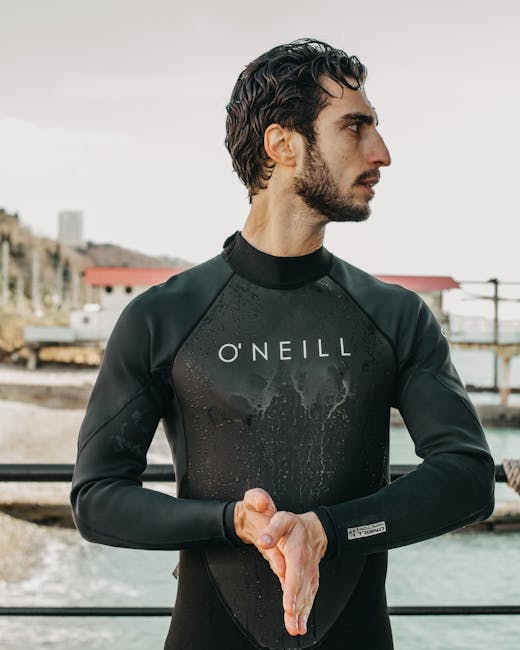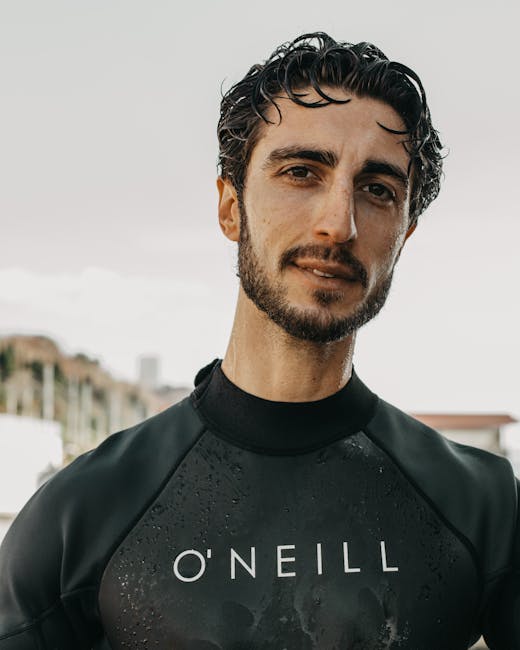Robert O’Neill: The Man Who Killed Osama bin Laden – Fact, Fiction, and Controversy
The Controversial Claim: Robert O’Neill and the Killing of Osama bin Laden
Robert O’Neill’s name is inextricably linked with one of the most significant events of the 21st century: the raid that resulted in the death of Osama bin Laden. O’Neill, a former Navy SEAL, publicly claimed to have fired the fatal shots that killed the al-Qaeda leader during the May 2, 2011, raid on bin Laden’s compound in Abbottabad, Pakistan. This claim, however, has been met with both widespread acclaim and intense controversy, sparking debates about military protocol, the ethics of disclosing classified information, and the very nature of heroism in modern warfare.
The SEAL Team Six Raid: A Recap
The Abbottabad raid, a meticulously planned and executed operation, remains a testament to the skill and bravery of the Navy SEAL Team Six. The operation, shrouded in secrecy, involved a daring nighttime infiltration into a heavily fortified compound. The details of the raid remain classified, but accounts from participants and official reports paint a picture of intense firefights and close-quarters combat. The mission’s success was lauded as a significant victory in the global war on terror.
O’Neill’s Claim and the Subsequent Backlash
O’Neill’s decision to publicly claim responsibility for killing bin Laden, initially through interviews and later in his memoir, *The Operator: Firing the Shots That Killed Osama bin Laden*, ignited a firestorm. Many within the military community criticized his actions, arguing that it violated the code of silence and camaraderie that is central to Special Operations forces. The concern centered around the potential threat to national security and the risk of compromising future operations by revealing operational details and individual identities.
The criticism extended beyond the military. Some argued that O’Neill’s self-promotion overshadowed the collective efforts of the entire SEAL team, diminishing the contributions of his fellow operators. The controversy highlighted the tension between individual recognition and the importance of teamwork in high-stakes military operations.
The Debate: Hero or Braggart?
O’Neill’s narrative has been met with a divided public response. Some hailed him as a national hero, praising his courage and skill in eliminating a notorious terrorist. Others viewed his actions as self-aggrandizing and disrespectful to the memory of fallen comrades and the collective efforts of the SEAL team. The lack of concrete evidence supporting or refuting O’Neill’s claim only fueled the debate, leaving the public to grapple with conflicting accounts and interpretations.
The Ethical Considerations: Secrecy vs. Public Recognition
The O’Neill controversy raises crucial ethical questions regarding the balance between military secrecy and the public’s right to know. Military operations often require secrecy for security and operational reasons. However, the public also has a right to understand the actions of its military and to honor those who serve. O’Neill’s case forces a reconsideration of the boundaries of acceptable disclosure and the potential consequences of violating those boundaries.
O’Neill’s Post-Military Life and Public Persona
Since leaving the Navy SEALs, O’Neill has remained a controversial figure. He has embarked on several public speaking engagements, leveraging his notoriety to earn a living. His public appearances and media engagements have further fueled the debate surrounding his claims and his overall character. He has also become a subject of intense media scrutiny, with his personal life often becoming part of the public discourse.

The Lasting Impact of the Controversy
The controversy surrounding Robert O’Neill’s claim serves as a case study in the complexities of modern warfare, heroism, and the challenges of balancing individual achievement with collective responsibility. It highlights the ethical dilemmas faced by individuals within the military and the potential consequences of violating the unwritten rules of secrecy and camaraderie. The debate over O’Neill’s actions continues to spark discussions about military protocol, media coverage of sensitive operations, and the nature of public perception of military heroes.

Beyond the Headlines: Exploring Other Aspects of Robert O’Neill’s Life and Career
Early Life and Military Training
Before his involvement in the bin Laden raid, Robert O’Neill underwent rigorous training and served in various military operations. Details about his early life and training are limited due to the nature of his work. However, it is understood that his path to becoming a Navy SEAL was marked by determination and exceptional physical and mental capabilities. This journey speaks to the intense dedication and sacrifices required for service in elite special forces units.
Other Missions and Deployments
O’Neill’s military career extended beyond the Abbottabad raid. He participated in several other covert operations during his time as a Navy SEAL, although the specifics of these missions remain largely undisclosed. His career highlights the challenges and sacrifices made by individuals in Special Operations forces, who operate in dangerous and high-stakes environments, often facing significant risks to their personal safety.
Post-Military Activities and Ventures
After leaving the military, O’Neill transitioned to a new phase of his life, establishing himself as a public speaker and author. He has capitalized on the notoriety surrounding his involvement in the bin Laden raid, using his experiences to share insights into military life and the complexities of modern warfare. This transition has also generated its own set of controversies and discussions regarding his public image and financial pursuits.

The Importance of Context and Perspective
Understanding the controversy surrounding Robert O’Neill necessitates a comprehensive understanding of his military background, the sensitive nature of special operations, and the ethical dilemmas involved in public disclosure of classified information. It is crucial to avoid simplistic judgments and to consider the various perspectives involved, including those of his fellow SEAL team members and the broader military community.
Lessons Learned: Secrecy, Heroism, and Public Discourse
The ongoing debate over Robert O’Neill offers valuable lessons about the delicate balance between military secrecy and public acknowledgment of heroic acts. It underscores the complexities of defining heroism in the context of modern warfare and the challenges of navigating the ethical considerations inherent in disclosing classified information. The case serves as a stark reminder of the importance of carefully considering the long-term consequences of public actions, particularly for those who have served in sensitive roles.




